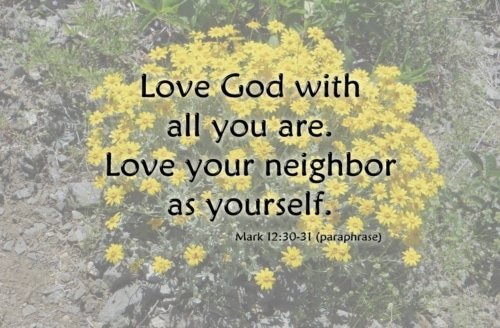

In speaking of a new covenant, he makes the first one obsolete. And what is becoming obsolete and growing old is ready to vanish away.
A covenant is an agreement or contract between two parties. In the Bible, covenants are generally between God and either individual people (Abraham & David), nations (Israel), or all of creation (no more global flood).
This passage refers to two covenants. The first was established between God and Israel at Mt. Sinai after the exodus from Egypt. This covenant established Israel, the descendants of Abraham, as God’s chosen people. This was a conditional covenant that Israel repeatedly broke.
A New Covenant
The new covenant that Hebrews refers to was foretold by Jeremiah (Jer. 31:31-34) and twice referenced by the author of Hebrews (Heb. 8:8-12, 10:16-17). Christ mediated this new covenant (Heb. 8:6) through his sacrificial death on the cross (Heb. 9:15-28).
What is the relationship between these two covenants? Hebrews tells us here that when the new covenant was established, it made the first covenant obsolete. In other words, it was no longer in effect and was ready to vanish away.
It is the ritual practices mandated by the old covenant that the author of Hebrews has been primarily concerned with: the priesthood, sacrifices, and Tabernacle/temple. And those did indeed vanish when Jerusalem fell to the Romans in A.D. 70, and the temple was destroyed.
But they were already obsolete. Hebrews has already pointed out that we have a superior priesthood in Jesus. The letter will go on to point out the superiority of Jesus’ sacrifice to that mandated under the old covenant, as well as pointing out that the temple in Jerusalem was but a shadow of the heavenly temple. That temple where Jesus took his own blood into the Holy of Holies to make atonement for his people.
This new covenant, made with the house of Israel, is for all those who put their faith and hope in Jesus, the mediator and high priest of the new covenant. And under this covenant, we can confidently approach the throne of God, washed clean by the blood of Jesus (Heb. 10:19-22). Something that we could never do under the old covenant.
Related Posts
The post Establishing a New Covenant – Hebrews 8:13 appeared first on A Clay Jar.


